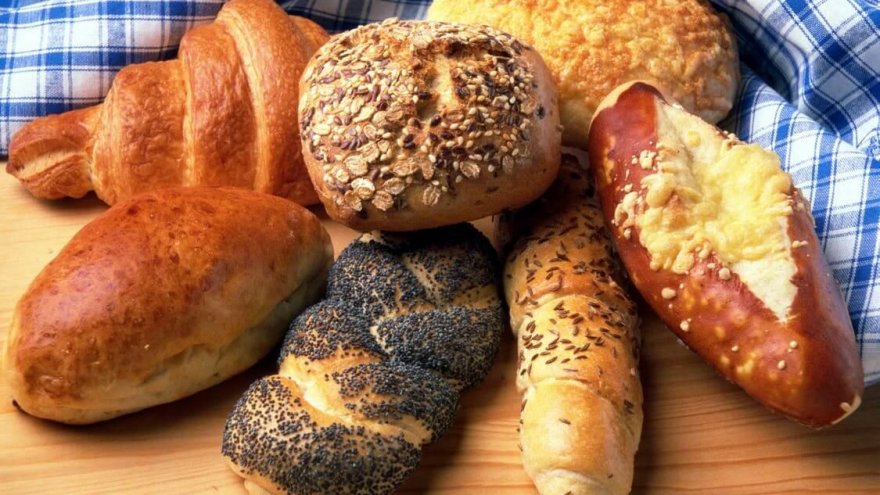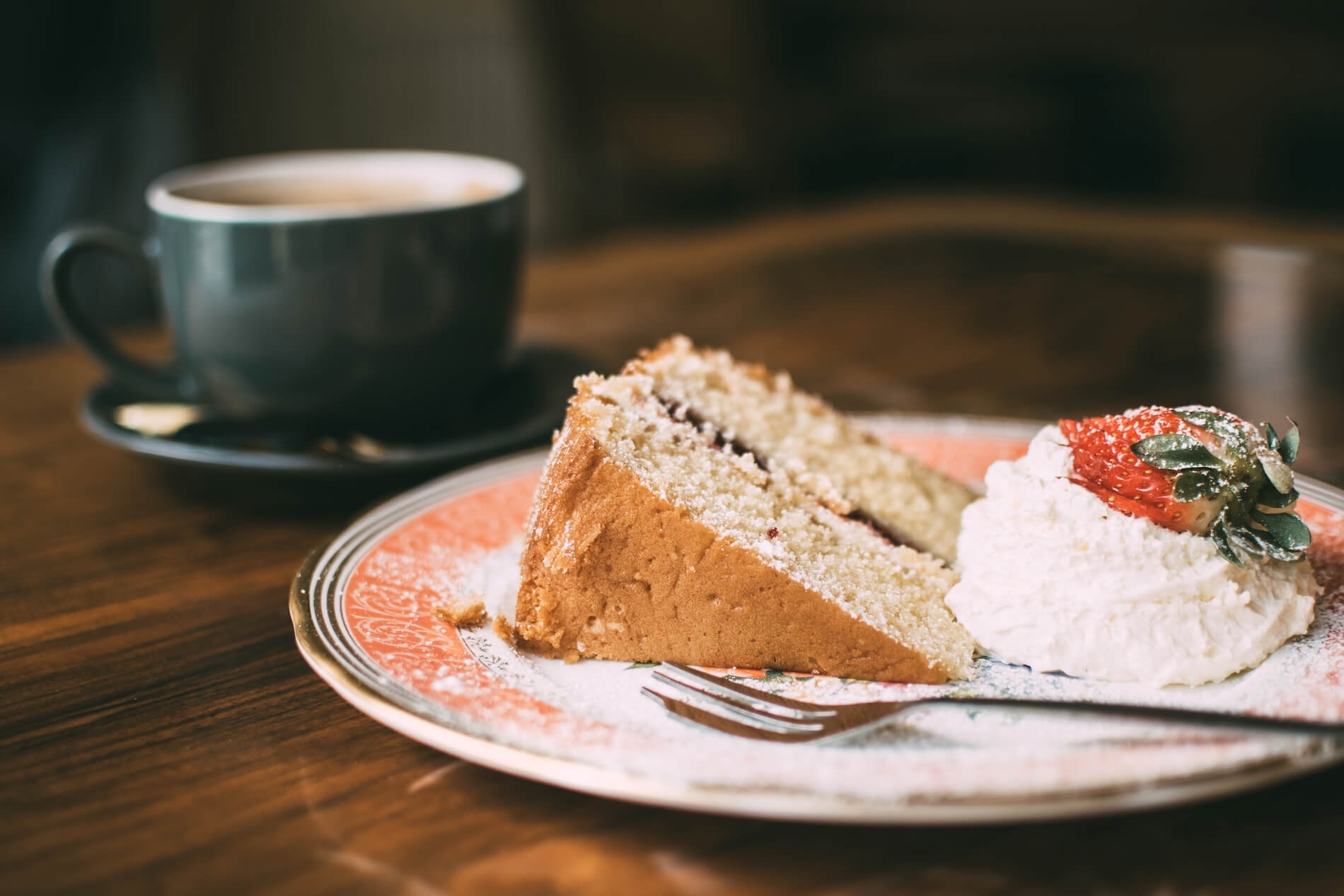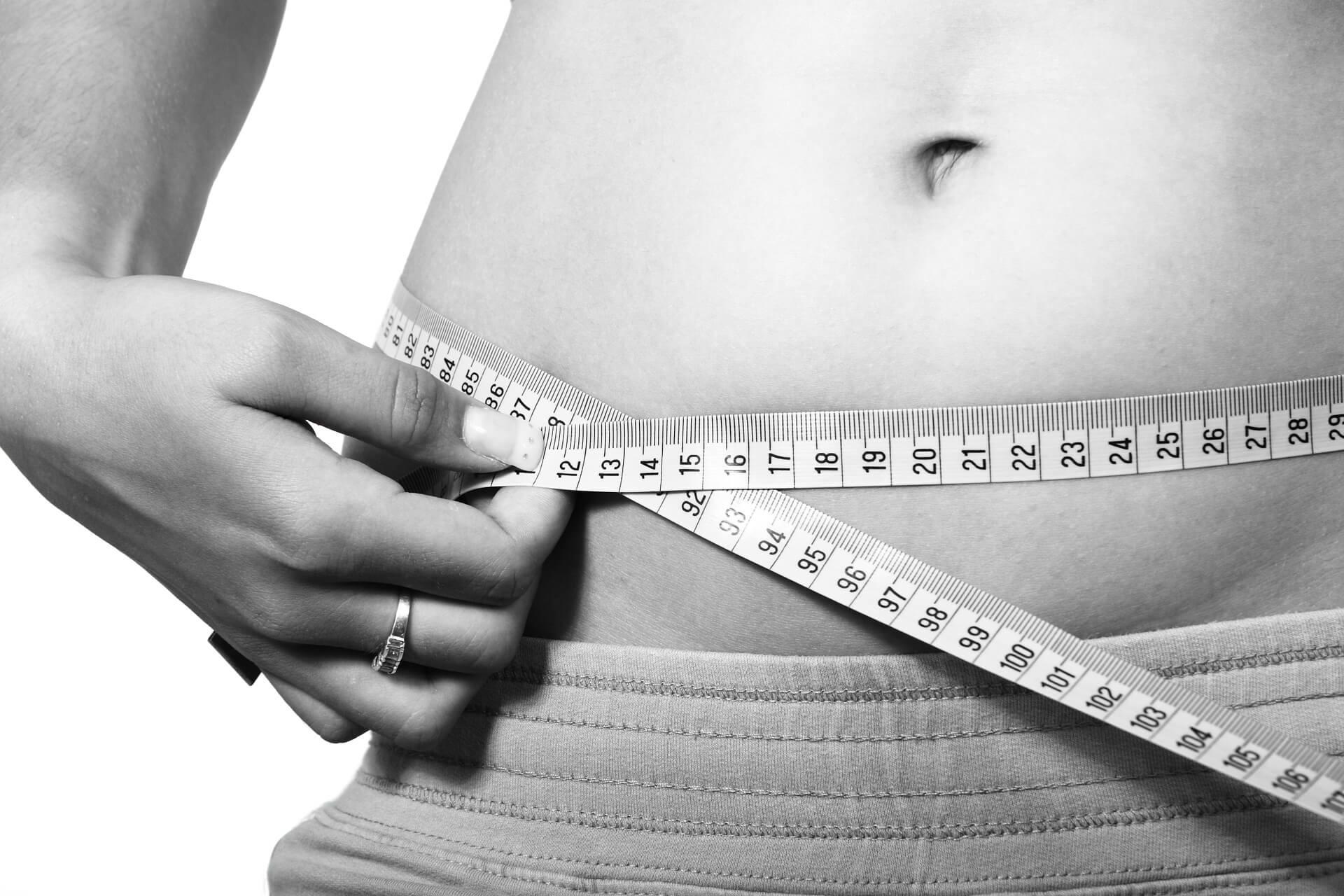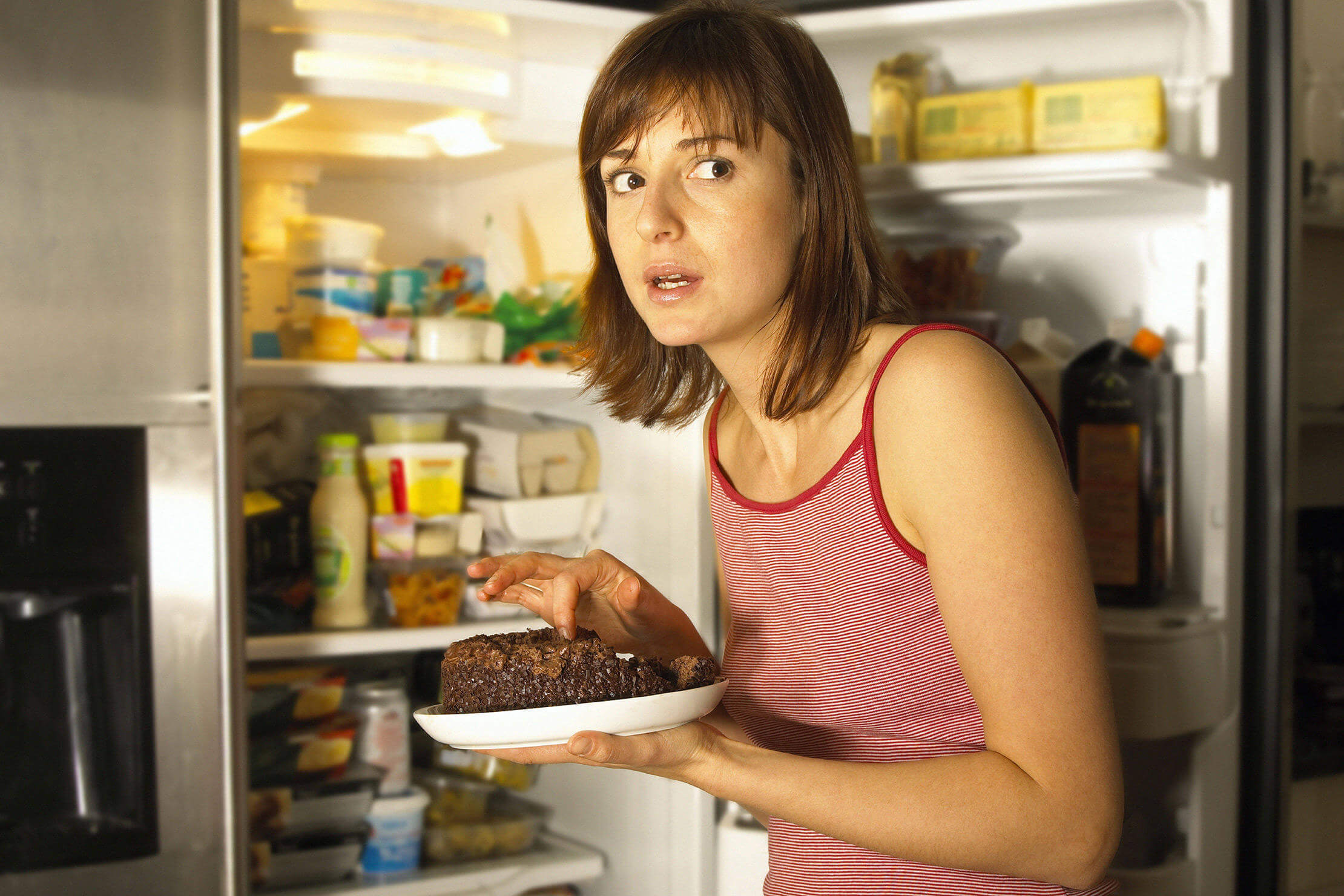Carbs After Dark: Should You Eat Them?

The diet and fitness industry seems to change on a daily basis. One day, health and wellness magazines will be plastered with that week’s new “it” diet in which participants are advised to pump their diets full of healthy fats, but limit protein and virtually cut out carbohydrates altogether. Then the next week, everybody is telling you to put down the avocado toast, step away from the full fat coffee creamer, and ramp up the whole grains and lean meats if you want to fuel your training and and tone up your muscles. It is no wonder that 90% of people who go on diets fail. Diet trends and fads are always changing!
You have probably also heard the debate among fitness and diet wellness experts about whether or not eating carbs in the evening is beneficial to your fueling strategy, or if it actually derails the hard work you put in earlier throughout the day to make healthy choices. Below, we outline some of the reasons for and against “Carbs After Dark” and then wrap everything up with what our verdict is on the whole (grain) thing.
An Argument for Staying Away from Carbs After Dinner
The idea to limit carbs at night originated from the belief that, because metabolism slows down at night while we sleep, eating carbohydrates just before bed will result in our bodies not metabolizing them as efficiently and instead choose to store them in the form of fat. The belief is that, when consumed earlier in the day, there is a greater chance that the body will burn the carbs off as energy, rather than storing them as fat.
While this simplified explanation of the metabolism seems to make sense, it definitely does not give the whole picture.

Sure, when you lay down at night to sleep, you certainly are not moving around like you otherwise are during the day. But studies show that the amount of energy burned during sleep is likened to whatever your resting metabolic heart rate is. That means that you will be burning the same amount sleeping as you would be resting on the couch watching television.
Not only that, but if you exercise moderately during the day for at least 30 minutes (or high intensity exercise for 20 minutes) four to five days a week, then your resting metabolic heart rate actually increases during REM periods of sleep – meaning that you will actually burn MORE than you would normally while you are sleeping. And the body does not discriminate – so whether your energy came from fat calories, protein calories, or carbohydrate calories, you will burn it.
An Argument for Eating Carbs After Dinner
Various studies have shown that eating carbs at night not only does nothing to deter the metabolic breakdown of calories in your body, but that when consumed at dinner as opposed to steadily throughout the day at each meal and snack, carbs eaten at night actually result in greater amounts of total body weight, body fat, and waistline circumference loss.

This is arguably due to hormonal shifts. The group who loaded their carbs up in the evening showed an increase in insulin sensitivity, which promotes fat burning. Previously, as with the belief that carbs after dinner slows down metabolism, it was believed that late-night carbs decreased the body’s insulin sensitivity and lowered the body’s overall ability to burn fat efficiently.
There are a ton of health experts, dietitians, and doctors who suggest eating 6 to 8 small meals throughout the day, every 2 to 3 hours. This makes sense in that it seemingly keeps you steadily satiated all day so you never feel overly hungry. And obviously, to function well, your body and brain need a part of each of these small meals to come from carbs… right?
Well, yes and no. Yes in that you are eating steadily so you are filling up your tank in even increments throughout the day. But even that can be problematic because, while you may be “satiated” all day, sometimes satiation is not enough. It does not satisfy the desire we sometimes have to just feel full. Furthermore, it is not practical for a lot of people to eat that often.

But getting your body used to fueling up on carbs every couple of hours sets it up to function like clockwork, so that after a while, it has you thinking you are hungry and craving carbs when you might not actually be. The initial transition to eating carbs less frequently can be difficult. You will feel way hungrier at the beginning. But once your body adjusts to using glucose production for energy (instead of exogenous carb intake from frequent meals), you will actually burn fat faster and you will find that after a few days, you are actually less hungry.
So What’s the Final Word?
It seems pretty clear to us that the research indicates eating carbohydrates at dinner or later in the evening not only does not really contribute to fat or body weight gain, but might actually reverse weight gain. It seems that carbs after dark actually help pick up the metabolism throughout the night to prime your body, even whilst sleeping, to be a fat burning machine.
If you are one of those people who are used to eating carbs throughout the day, and intend to stick to that lifestyle, then by all means, do it! Everyone needs to do what works for them. But if you have been curious as to how it might impact your training and fat loss journey, do not be afraid to give it a shot. You might be pleasantly surprised – and your early morning workout might actually feel easier because you’re carb-loaded and ready to go.
Sources
- , Carbs At Night: Fat Loss Killer Or Imaginary Boogeyman?, Bobybuilding Blog
- , The Final Word On Eating Carbs at Night, Jason Ferruggia Website
Latest Articles
 Is Running on a Treadmill Easier Than Running Outside?Runners have their own preferences, whether it is treadmill running, running outside on the road, or exploring trails. So...
Is Running on a Treadmill Easier Than Running Outside?Runners have their own preferences, whether it is treadmill running, running outside on the road, or exploring trails. So... Is It OK to Use Trail Running Shoes on the Road?While trail running shoes can be used on roads, especially in situations where a runner encounters mixed terrains or pref...
Is It OK to Use Trail Running Shoes on the Road?While trail running shoes can be used on roads, especially in situations where a runner encounters mixed terrains or pref... How to Fix Sore Quads After Running?Rest, ice, gentle stretching, and over-the-counter pain relievers can help soothe sore quads after running. Also, ensure ...
How to Fix Sore Quads After Running?Rest, ice, gentle stretching, and over-the-counter pain relievers can help soothe sore quads after running. Also, ensure ... 10 Fruits With The Most Electrolytes to Replace Sports DrinksThese fruits are high in electrolytes such as potassium, magnesium, and calcium, essential for hydration, muscle function...
10 Fruits With The Most Electrolytes to Replace Sports DrinksThese fruits are high in electrolytes such as potassium, magnesium, and calcium, essential for hydration, muscle function...

